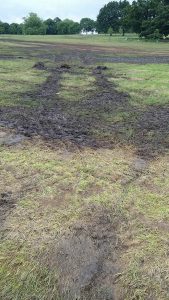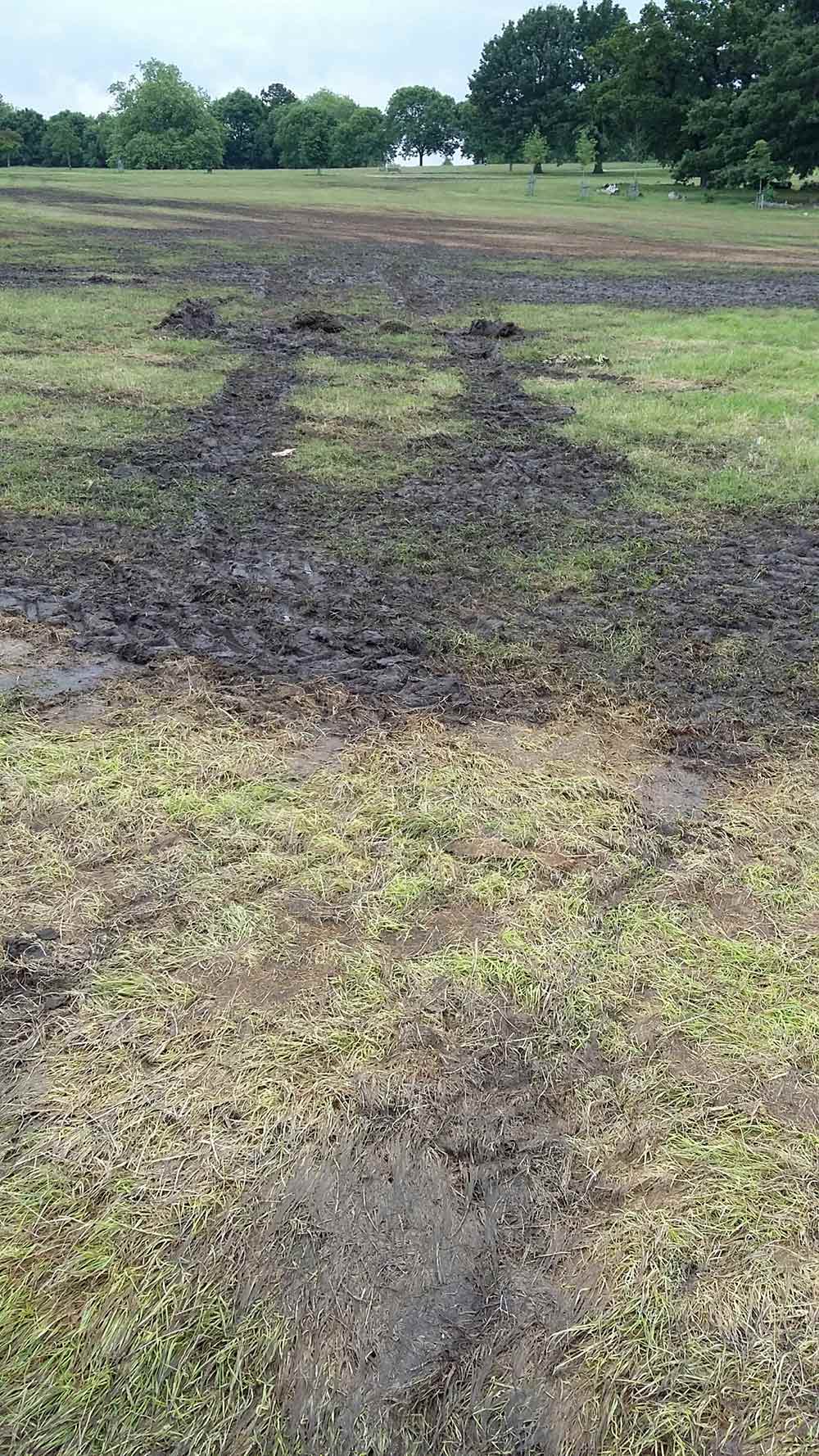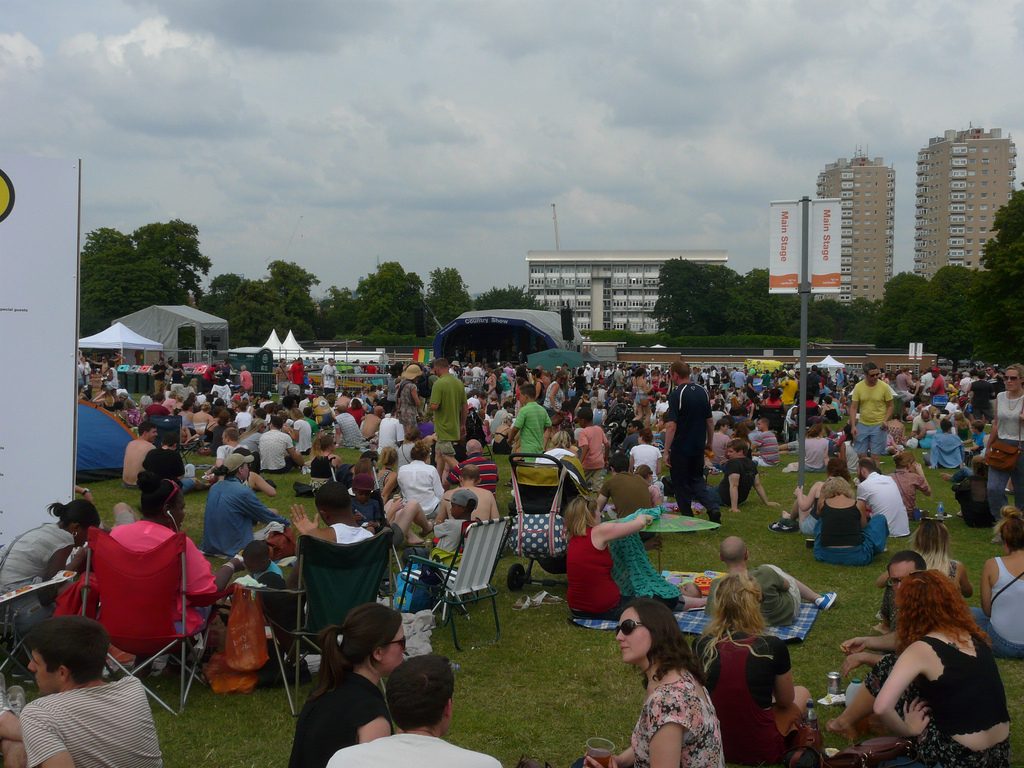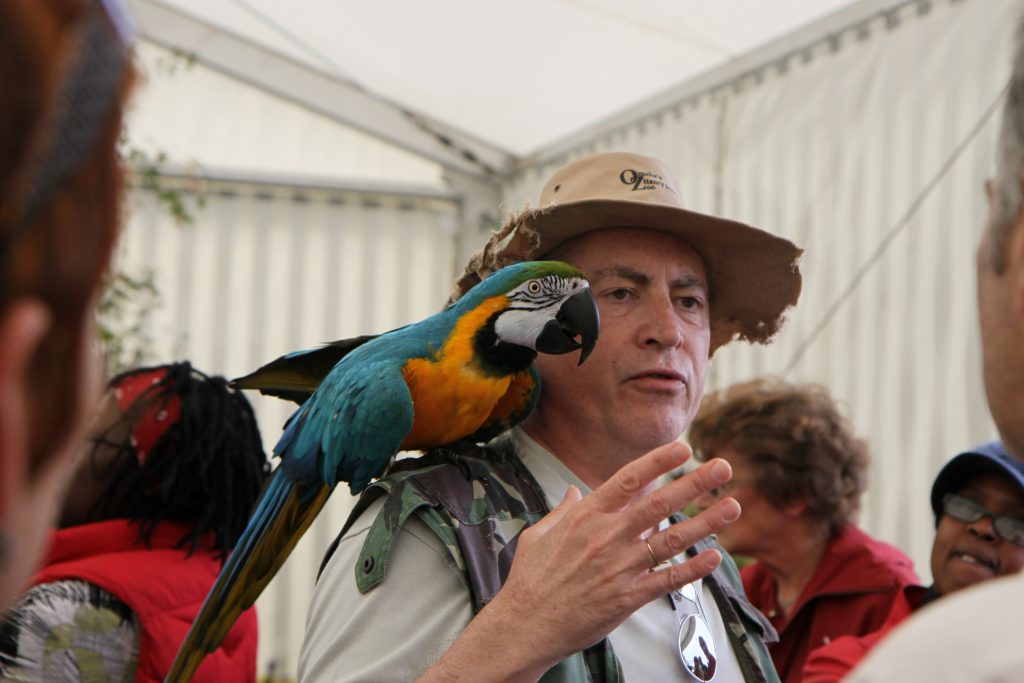The other day there was a beautiful Sunday afternoon. I wished I could have gathered the whole Council on the top of the hill that is Brockwell Park. As far as the eye could see were scattered clumps of sitting, picnicking, lying people.
This is what parks are about; the unique function that distinguishes them from pleasure gardens, sportsgrounds, performance arenas, racetracks – the reconnection with the natural environment for recharging the emotional, physical, and emotional batteries, the rediscovery of serenity, the momentary removal from the unrelenting rush, noise, and busyness of the urban life that otherwise surrounds us: personal regeneration.
I challenge you to walk a circuit of the park (40 minutes for me) on any ordinary (dry) workday without counting at least 100 people (times how many on a week-end?). How many times, too, does that daily population change and renew itself over that day? Why do these troops of people choose to sit, lie, divert their route to work, school, home through the park? To dip themselves for a moment in that natural environment, to reconnect with that recharging Green.
Other councils have recognised this, have heard and acknowledged the official professional medical endorsement by the NHS of the critical complementary role played by parks in the maintenance and regeneration of urban health, and have protected budgets and taken steps to preserve and maintain their borough’s havens of natural beauty.
By its actions Lambeth Council has consistently shown that it has never understood this. Either that, or it has chosen to ignore an inconvenient fact – that parks have an indispensable role of their own in public health and wellbeing, a role they cannot fulfil if they are simultaneously harnessed to an income-generating strategy that pays no regard whatever to the nature of that role and the users who depend on it. At the first sign of trouble, parks are dumped in the priority dustbin and thrown to income-generating departments to be trashed at will.
It may be difficult to quantify health and wellbeing on a balance sheet, but remove the source of them and you’ll soon see the gigantic debit hole they leave behind, dwarfing any puny fundraising credits achieved.
If you believe the NHS and others are right that urban parks are essential to the community that surrounds them, then the proper care and maintenance of those parks, the recognition of their inherent fragility, and the priority of ensuring they continue to serve the community that relies on them become paramount.
Last week, at the time of writing, a large piece of Brockwell Park was surrounded by 10ft+ high green walls to enable the ticket-only Found music event to take place. It would be a literal exaggeration, but, in terms of effect felt, a not really unfair description, to say that basically the hillside within the rectangle of paths to the right of the Herne Hill gate – up towards the Hall, across towards the Lido, up to the tennis courts, and across the top of the hill towards the Hall again, was largely swallowed by the walls. It takes me around 40 minutes to walk the complete perimeter of the park. I did two circuits of the FOUND enclosure. It took me 10 minutes the first time and 11 the next. No, you can’t make a direct transposition to a quarter of the park, but you get some idea of the extent of the area covered; an area, I would suggest, completely unsuitable for enclosing in a park the size of Brockwell Park. This is a reflection, I suspect, of the shameless premise put forward by the Lambeth events department that the events capacity of Brockwell Park could be compared with that of Hyde Park.

Raising of the walls began on June 6. The event itself took place on June 11, and the construction was due to be removed by June 15. Exclusion then for the public since June 6. Now that the walls are down, there will, I think, be little temptation to return. Where a few weeks ago was scattered with picnicking, sitting, lying, Frisbeeing people could now be mistaken for a brown field site. Swathes of mud, pitting, and scarring extend in every direction. Inland seagulls are normally to be found following the plough. You can see the point of the flock in the photograph, though, of dropping in here on Brockwell Park.
By the way, I don’t at all blame the Found organisers. They have proved themselves in many ways to be model managers. The nature of the event, in the weather, made the result inevitable.
There will be no more picnicking here this summer, I think we can say.
How long will it take to restore this? But wait. First, there will be another walled event on the same site in about three weeks’ time, followed a week later by the two days of the annual Lambeth Country Show.
Would you say any ecological or park-user factors—apart from money—were taken into account when agreeing this programme?
Brockwell Park is not mean with its hospitality. It is already host to the two days of the Lambeth Country Show, to Zippos Circus and to the travelling fair—twice each for around a week each year? Around 30 days each year? Brockwell provides tennis and volley ball courts, football pitches, bowling green, cricket pitch and nets, BMX track, children’s playground and paddling pool, horticultural and educational opportunities in the Community Greenhouses, apart from providing space for an infinite number of informal sports activities.
I put walled, ticketed events in a different category. They are by definition exclusive. I don’t believe the Lambeth events department agrees them for enhancement of the local community. It is, I believe, fundamentally simply for money. These events deface large areas of the park with ugly walls for considerable periods of time, excluding local people from them. They are not real community events, like all those above attracting people of all ages and ethnic backgrounds, benefiting from being located in the park. The Lambeth Country Show is hugely enhanced by its setting. Zippos and the travelling fair, by their nature, have no other type of venue open to them. What do customers of the gated events gain from being in the park? Once inside the venue, all they see are walls. They could be anywhere. The only advantage I can see is that I presume organisers pay a great deal less for siting their event in the park than they would if they were hiring a purpose-built arena. Is that a suitable use of the park?

Income generation may be necessary, although it is tempting to query why other boroughs do not seem to have to resort to this sort of measure. How many walled events are held in Dulwich Park? Regardless, the solution is not to try to turn parks and open spaces into cash cows.
The Friends of Brockwell Park calls on the Council, which is supposed to be acting as stewards on our behalf, to accord parks the acknowledgement of and the respect due to them for the vital daily role they play, as well as for the users who depend on them, and for the first stage of any future event planning to be full consideration of and consultation on the impact on that park and its users.
Michael Boyle





 With its blend of food stalls showcasing foods from across the globe, live music, children’s activities and arts and crafts, the show can’t fail to please. The Village Green is always a popular spot to meet friends, kick off shoes and relax to a mellow tune while the main stage is the place to catch the big sounds.
With its blend of food stalls showcasing foods from across the globe, live music, children’s activities and arts and crafts, the show can’t fail to please. The Village Green is always a popular spot to meet friends, kick off shoes and relax to a mellow tune while the main stage is the place to catch the big sounds.